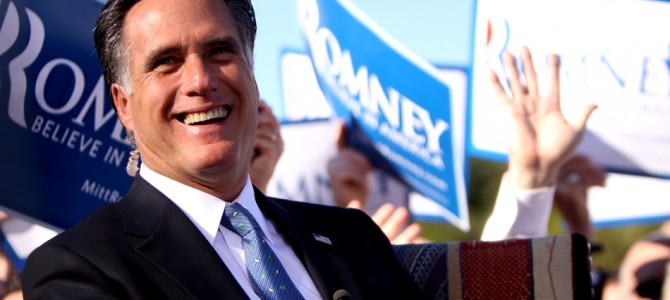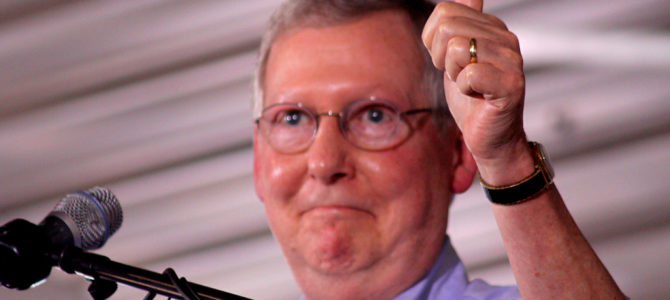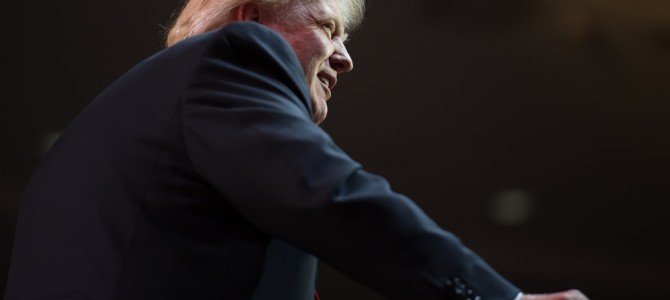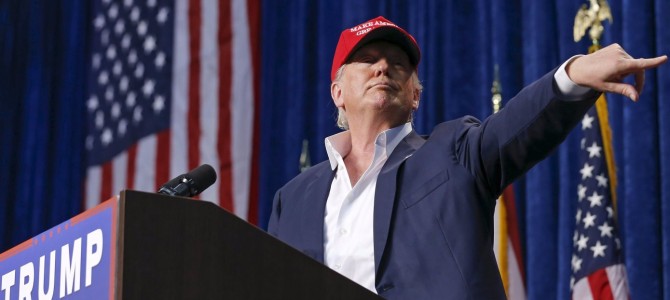I am so sorry to inform you that Mitt Romney won’t run for president in 2016. Since the beginning of December, he had reached out to potential supporters over the past few weeks, and found less than eager support from many key players and personnel. The reception he got from several backers was chilly, and so he ended up, skiing in Deer Valley with Tagg, deciding not to run.
So who benefits from this, and who is harmed? Somewhat ironically, it may be Jeb himself who takes a small hit over this. Bear with me here: with Romney in the race, Jeb would’ve had an opportunity to contrast himself as a fresh face, a break with the past of the GOP in a healthy way. He would’ve had to deal with a split establishment donor base, of course, but he will still have to deal with that anyway (Chris Christie and others are already scrambling for Romney bundlers). Romney would not have been able to win the nomination this time around, and he actually could’ve proven to be a useful foil for Jeb.
And in Romney’s absence, at least for the moment, the other candidates many Romney backers find acceptable – such as Christie, Walker, and to some extent Rubio – benefit more than Jeb. From the latest Bloomberg/Des Moines Register poll:
“The poll was taken before Mitt Romney's Friday announcement that he wouldn't make a third White House bid. He received the backing of 13 percent of likely Republican caucus participants, ranking third. When his supporters are re-allocated to their second choice, Walker's backing grows to 16 percent, followed by 15 percent for Paul, 13 percent for Huckabee, and 10 percent for Carson. Removing Romney from his third-place spot had no effect on the ranking order of the other top potential candidates and offered the biggest boost to Huckabee. Bush's overall number inched up just one point, to 9 percent.”
Of course, it’s very, very early. But this race could’ve been more interesting with Mitt Romney in it. And who’s to say if the primary doesn’t got the way that the Romney clan likes, there isn’t one last ditch attempt to draft the consummate statesman to come rescue the Republican Party and the nation at the convention? Stranger things have happened.
Come now, you think he doesn’t want it? He wants it more than ever. If you read between the lines of the stories linked above, it is heavily implied that Romney actually had decided, and pretty clearly, that he did want to run. These were not just activities of a prospective candidate testing the waters, they went far beyond that, to the point of attempts at getting declarations of allegiance from key figures after Jeb Bush’s surprisingly early entry.
It’s not that Mitt Romney decided not to run – he had not running thrust upon him. He decided to run, and then found he had already lost.









